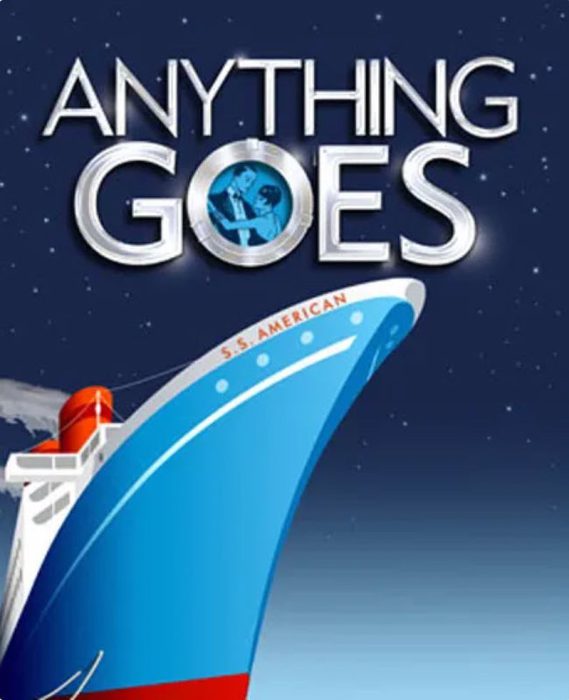“Grease”, Summer 2022
“Anything Goes”, Coming Winter 2023
Auditions for the Port Saint Lucie High School production of “Anything Goes” are Monday, August 29th at 2:00 PM. Auditions are limited to students from Port Saint Lucie High School. You’ll find a list of the audition music on our website: www.PSLHSDrama.com
Instructor: Patrick Madden
Contact: patrick.madden@stlucieschools.org
PSLHS Drama Department Facebook Page: PSLHS Drama Department
PSLHS Drama Department Website: PSLHS Drama Department
Course Descriptions:
- Theatre 1 – This course is designed for students with little or no theatre experience, and promotes enjoyment and appreciation for all aspects of theatre. Classwork focuses on the exploration of theatre literature, performance, historical and cultural connections, and technical requirements. Improvisation, creative dramatics, and beginning scene work are used to introduce students to acting and character development. Incorporation of other art forms in theatre also helps students gain appreciation for other art forms, such as music, dance, and visual art.
- Theatre 2 – This course is designed for students with a year of experience or more, and promotes enjoyment and appreciation for all aspects of theatre through opportunities to build significantly on existing skills. Classwork focuses on characterization, playwriting, and playwrights’ contributions to theatre; while improvisation, creative dramatics, and scene work are used to help students challenge and strengthen their acting skills and explore the technical aspect of scene work.
- Theatre 3 Honors – This course is designed for students with significant experience in theatre, and promotes depth of engagement and lifelong appreciation for theatre through a broad spectrum of teacher-assigned and self-directed study and performance. Students regularly reflect on aesthetics and issues related to and addressed through theatre, and create within various aspects of theatre in ways that are progressively more innovative. In keeping with the rigor expected in an accelerated setting, students assemble a portfolio that showcases a significant body of work representing personal vision and artistic growth over time; mastery of theatre skills and techniques in one or more areas; and evidence of significant oral and written analytical and problem-solving skills based on their structural, historical, and cultural knowledge.
- Acting 1 – Through improvisation, simple scripted scenes, performance projects, and/or practical application, students learn to identify what makes performances believable and explore the tools used to create, articulate, and execute them. Upon completion of this course, students have a strong foundation for future scene work, script analysis, and play production. Public performances may serve as a culmination of specific instructional goals. Students may be required to attend and/or participate in rehearsals and performances outside the school day to support, extend, and assess learning in the classroom.
- Acting 3 – Students focus on development of significant acting skills and knowledge of the actor’s literature, compiling a working actor’s portfolio for exhibition and/or the interview process. They research potential job opportunities in the film, television, game animation, and theatre industries, as well as scholarships and opportunities available at the university level. An inquiry-based capstone project may be required. Public performances may serve as a culmination of specific instructional goals. Students may be required to participate in rehearsals and performances outside the school day to support, extend, and assess learning in the classroom.
- Acting 4 Honors – Students create characters for theatrical and film/video productions through scene, character, and technical analysis. Through improvisation, script writing, and aesthetic creation and collaboration, actors refine their working knowledge and independent thought, articulating and justifying their creative choices. Students’ “critical eye” becomes more developed and significant mastery of artistic choices becomes evident. An inquiry-based capstone project may be required. Public performances may serve as a culmination of specific instructional goals. Students may be required to participate in rehearsals and performances outside the school day to support, extend, and assess learning in the classroom.






